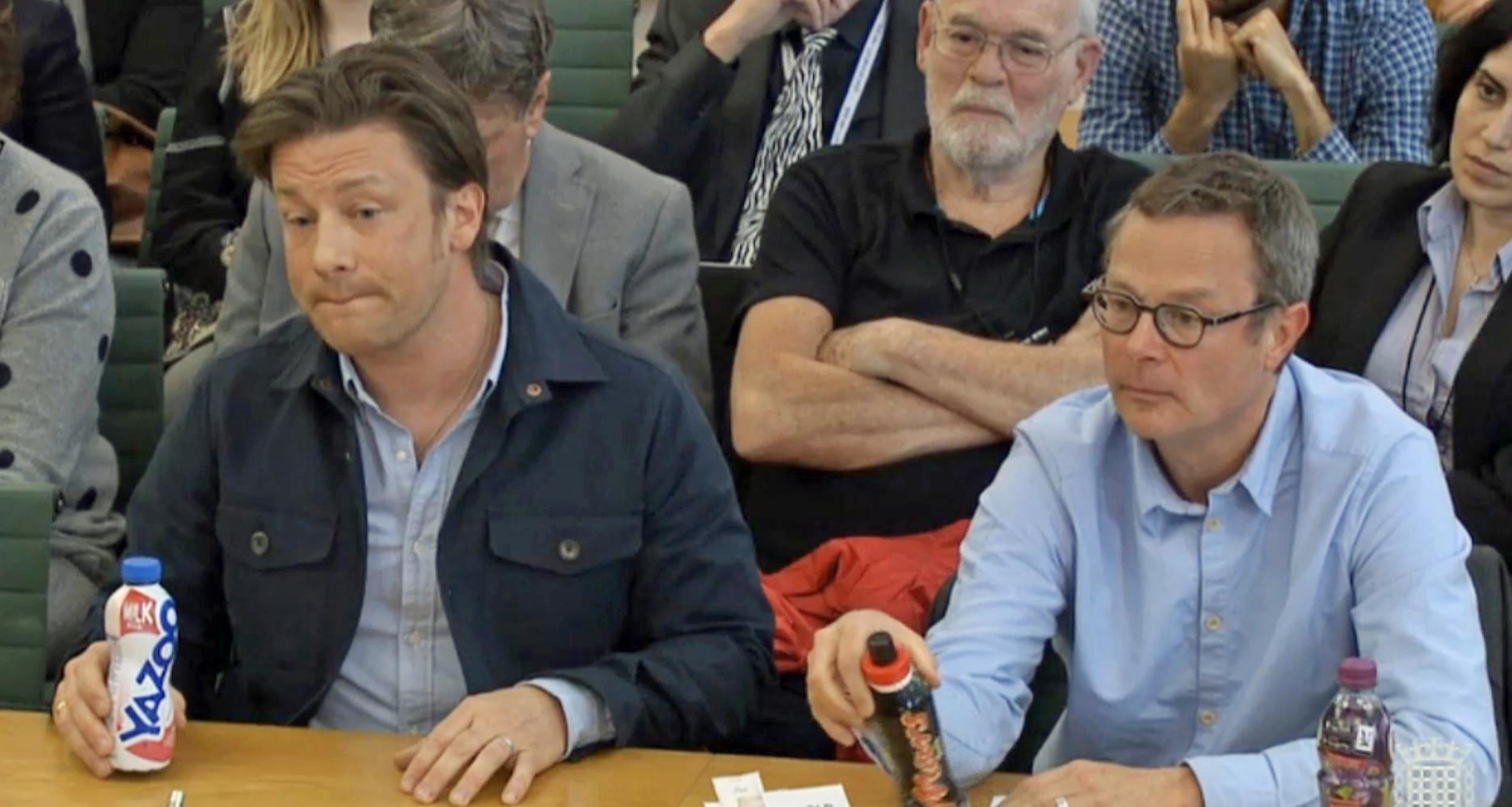Lifestyle taxes under fire as whisky, beer and wine prices soar
Celebrity chefs have appealed to MPs to introduce yet more ‘sin taxes’ last week but do they work? Or do we simply pay more to maintain the same habits?

Your support helps us to tell the story
From reproductive rights to climate change to Big Tech, The Independent is on the ground when the story is developing. Whether it's investigating the financials of Elon Musk's pro-Trump PAC or producing our latest documentary, 'The A Word', which shines a light on the American women fighting for reproductive rights, we know how important it is to parse out the facts from the messaging.
At such a critical moment in US history, we need reporters on the ground. Your donation allows us to keep sending journalists to speak to both sides of the story.
The Independent is trusted by Americans across the entire political spectrum. And unlike many other quality news outlets, we choose not to lock Americans out of our reporting and analysis with paywalls. We believe quality journalism should be available to everyone, paid for by those who can afford it.
Your support makes all the difference.Consumer goods have been hit by a flurry of levies and taxes designed to curb our unhealthy ways and generate funds to help combat them.
New taxation in Scotland this week will see the price of some beer and wine rise by as much as 70 per cent, and some ciders to almost double in cost.
That’s after UK-wide sugar taxes were introduced at the beginning of April.
But economists dispute the value of such nanny state antics, with some of the most outspoken branding them ineffective and unfairly hitting lower-income households in the pocket.
(Sticky) bun fight
The theory is a compelling one. A tax is either increased or introduced in a bid to affect the spending decisions consumers make on a regular basis. The revenue earned from the tax is spent on trying to convince us to eat better, quit smoking, drink less. Other funds go to, for example, funding healthy sports programmes in schools.
We’re familiar with the well-publicised effects. We’ve all know about the 80 per cent drop in the use of plastic bags since the introduction of the 5p charge, for example.
Many advocates of lifestyle taxes cite evidence from Mexico. Facing a huge obesity problem, a one peso per litre tax on sugar-filled soft drinks and an eight per cent tax on junk food were introduced in 2014. Despite an almost religious relationship with “sodas” (some highland communities in Mexico believe Coca-Cola has magical powers) Mexico’s very high soda and junk food consumption rates have dropped significantly.
Back in the UK, the pressure is on to push such taxes further, from household names including Hugh Fearnley-Wittingstall and Jamie Oliver who this week urged MPs to extend the sugar tax to include high-sugar milkshakes and other milky drinks.
As part of a Commons inquiry into childhood obesity, Oliver described the sugar tax as a “tax for love” as the pair called for a clampdown on junk food marketing or advertising before the 9pm watershed – a move that was resisted when sugar taxes were announced in 2016. (Theresa May’s former chief of staff claimed they had “saved Tony the Tiger”.)
Forking out
The problem is that lifestyle taxes consistently hit lower-income households harder in the pocket rather than prompting a change in habit. (In fact, when New York State increased taxes on cigarettes there were reports of smokers smuggling packs in from other states instead of reducing their consumption.)
Here, figures from the Office for National Statistics show that in 2015/16 people in the poorest 10 per cent of the population spent around 3 per cent of their disposable income on tobacco duty – £276. Those in the richest 10 per cent spent only 0.1 per cent – around £109.
It’s a similar story with alcohol duty (2 per cent versus 0.9 per cent). Such indirect taxes took 34 per cent of disposable income from people in the poorest households in 2015/16 but only 14 per cent from people in the richest.
In response to these established objections, Oliver this week argued that the revenues created from such taxes would benefit poorer areas.
But the critics won’t be quietened. Commenting on the London School of Hygiene & Tropical Medicine’s report which suggests a tax on sweet snacks could lead to reductions in the amount of sugar purchased, Christopher Snowdon of the liberal Institute of Economic Affairs says:
“Why doesn’t the government just give us ration cards and be done with it? This study shows us where we are heading if we keep capitulating to the fanatics. What people eat is none of the Government’s business and there is no reason why people in Britain, most of whom are not obese, should be ripped off in this way.
And on the new minimum prices for alcoholic drinks in Scotland, he added, “it will become clear that minimum pricing is not a targeted measure that will only affect a few strong ciders”
“The public has been misled about this policy from the outset. Back-of-the-envelope calculations have been used to justify a nationwide rip-off that will raise the cost of living for all but the very rich.
“If alcohol companies colluded to fix prices in this way, they would be prosecuted. Minimum pricing will suck tens of millions of pounds out of the pockets of ordinary drinkers to feed the egos of grandstanding politicians.”
Join our commenting forum
Join thought-provoking conversations, follow other Independent readers and see their replies
Comments